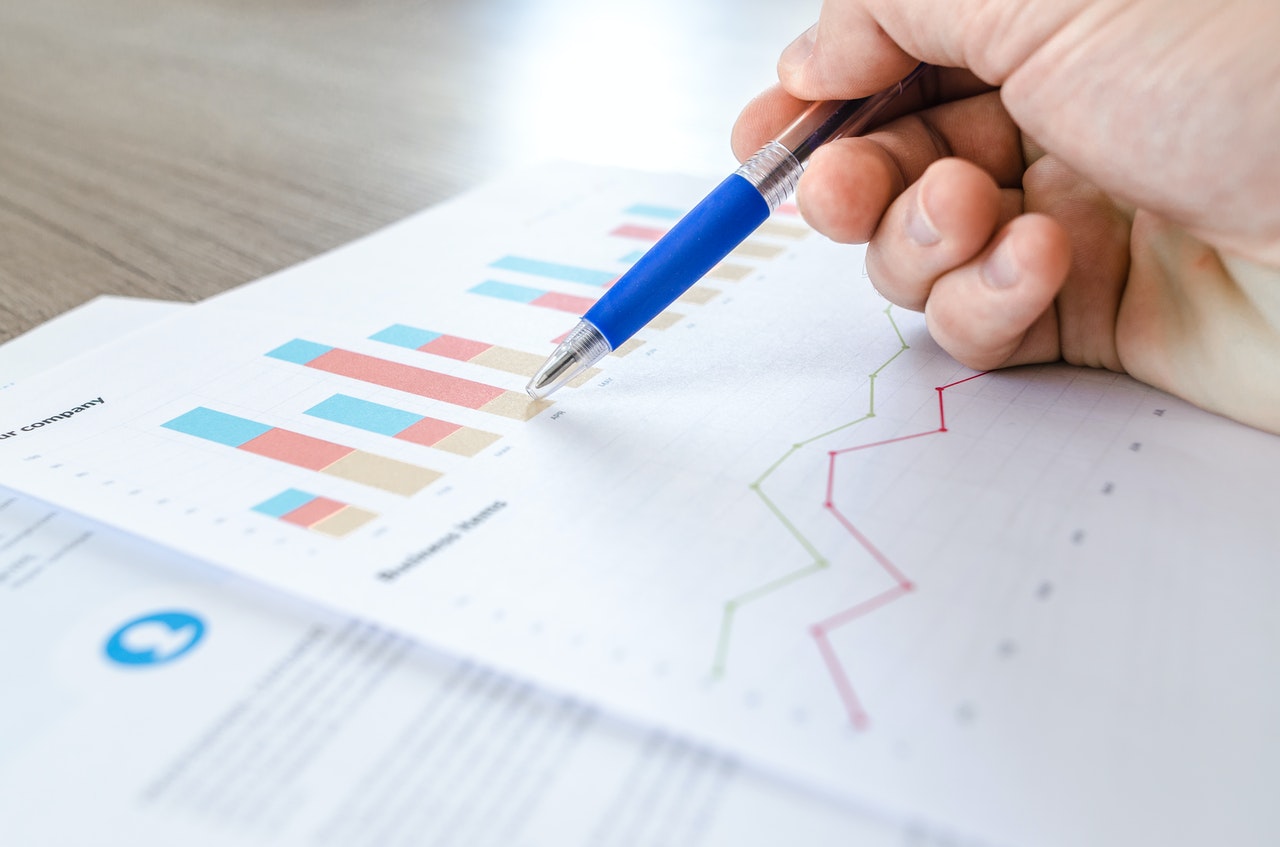It can feel as though technological jargon is everywhere, especially since the pandemic began. As millions of us were restricted to our immediate surroundings, we all headed online to do, well, pretty much everything we used to do outside of the home. Shopping, connecting with friends, exercise, even pub quizzes… the suddenness of the restrictions meant that technology was the only way to maintain some semblance of normality.
Some people recognised almost immediately that, as the general public stampeded towards technological solutions to make their lives easier over lockdown, the shrewdest move would be to invest in the software and hardware that was so coveted. Savvy business owners recognised the value of this technology, and so sought to implement these technological solutions in their place of work, from adapting their office space to make room for the increased number of Zoom calls, to readjusting their entire business model according to the governments’ social distancing guidelines. Whoever invested in Zoom in February 2020, was surely laughing all the way to the bank.
If data didn’t have a currency of its own before the pandemic, it most certainly did in the post-pandemic world. As the world increasingly began not only to use technology but to rely on it wholeheartedly, it became easier to collect data and metadata regarding people that never would’ve considered going online before the pandemic. Gym goers resorting to online workouts, grandparents needing to use the internet to communicate with grandchildren, even those who had initially resisted the online shopping revolution… all these people suddenly had an online presence, and everything from their consumer habits to their educational backgrounds were suddenly laid bare for the world to see.
You’d be forgiven for thinking that this all sounds a little, well, ominous. Data privacy is a huge concern for the general public nowadays. However, what people fail to take into consideration is that there are many ways in which data can be used in effective and utilitarian ways. Once on the periphery of peoples’ consciousness, data has now become a tool for businesses’ that want to enhance their customer experience and find out how they can improve the services they provide. Where once data was privy only to multi-national conglomerates, it is now the domain of all of us, from café owners to laser tag venues.
Often people don’t even realise that the data they’re inadvertently collecting through the plethora of online booking systems and mobile apps could be used in such a way. That’s where we come in. We often find that business owners are sitting on a gold mine of data that they simply don’t know how to sift through, stratify, and implement. That’s the beauty of Booked it – there’s no need for you to understand the complexities of the data, because our dashboard compartmentalises it on your behalf.
The dashboard will segment your customers automatically based on details they give when they sign up to your mailing list or mobile ordering service. Our dashboard can help to actualize their spending habits, frequency of their visits, or their favourites products and/or services you provide in real-time. This makes it easier for you to understand what keeps your customers coming back, so that you can ensure you keep providing them with the service they’ve come to expect from you.
There’s nothing ominous about using data to understand your customers better, and to make sure that they keep coming back. We put the consumer first at Booked it, and all the data our system collects is GDPR compliant. In a world ravaged by the pandemic, we should all be tapping into the data we have our disposal. It will keep us connected to those around us.
Words by Rebecca Clayton

Booking Systems for the Hospitality, Leisure and Travel Industries
Booked.it provides advanced online booking systems and marketing tools specifically tailored to the needs of the hospitality, leisure, and travel industries. With a track record of over 600 satisfied businesses, our company offers customisable technology and value-driven marketing solutions that have the power to transform businesses in these sectors. Our booking systems and marketing tools are designed to deliver optimal results, giving businesses a competitive edge. We understand the unique challenges and requirements of these industries, and our customised services help businesses implement efficient and effective booking and marketing strategies. If you're looking to elevate your business to the next level, explore the services offered by Booked.it for the hospitality, leisure, and travel sectors.

Allow your customers to order from their phone to their table
Introducing Booked.It and its mobile ordering solution. Say goodbye to contact-heavy ordering processes and hello to convenience and safety. With our platform, customers can easily place orders from their phone to their table, reducing the need for direct interaction with staff. But that's not all. Our solution also collects valuable customer information, including name, email, mobile number, and date of birth, allowing you to create personalised marketing campaigns that hit the mark. Whether it's surprising them with a birthday treat or offering a special deal on their favourite dish, our data-driven approach ensures targeted, meaningful, and successful campaigns. Ready to explore the possibilities of mobile ordering? Try Booked.It's data-driven solution today.


